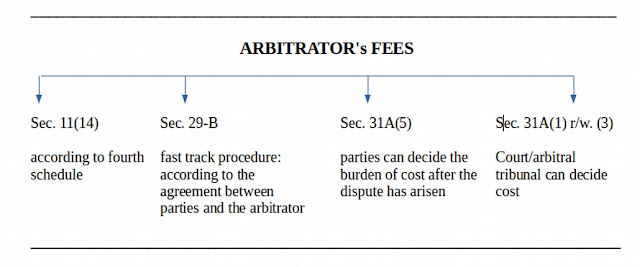MARITIME CLAIMS V MARITIME LIENS

GUEST POST: BY AYUSHI H DANGRE There has always been a persisting confusion between a maritime lien and a maritime claim. Although, they may both overlap each other on various levels, they are essentially different from one another in the basic aspect that a maritime lien would pass on along with the vessel, irrespective of any change in ownership and would prove to be more in favor of the claimant, whereas a maritime claim ceases to exist if the vessel is sold to a third party. In case of a maritime claim, the claimant can no longer claim against the vessel if there is a change in ownership of the vessel, but only against the owner. It goes to show that, in case of a maritime claim, the claimant has a right in personam, that is, he can only claim against a particular person (natural or legal). However, in case of a maritime lien, the claimant has a right in rem, that is, his right is protected against the world at large. Maritime claims maybe right in rem or personam . The Admir...

